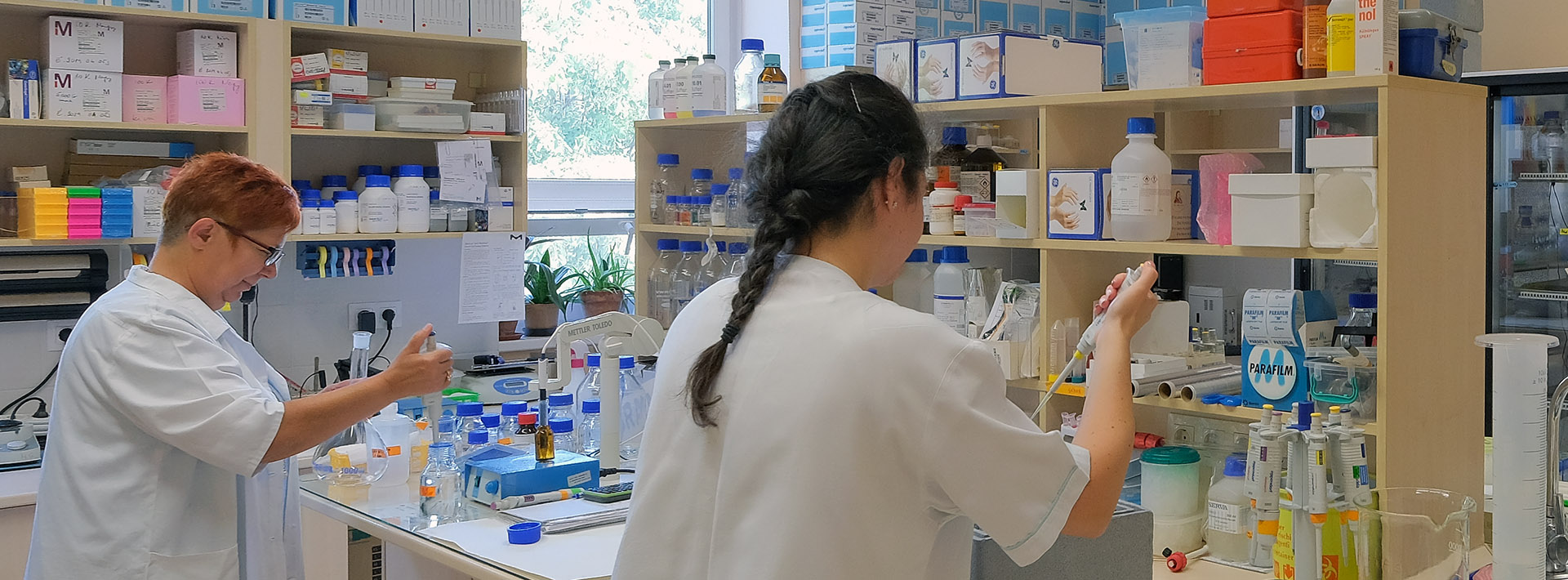Daten
Offizielle Daten in der Fachveröffentlichung für das folgende akademische Jahr: 2024-2025
Lehrbeauftragte/r
-
Szatmári Dávid Zoltán
assistant professor,
Department of Biophysics -
Semesterwochenstunden
Vorlesungen: 12
Praktika: 0
Seminare: 0
Insgesamt: 12
Fachangaben
- Kode des Kurses: OBF-SFI-T
- 1 kredit
- Biotechnology MSc
- Optional modul
- autumn
keine
Zahl der Kursteilnehmer für den Kurs:
min. 5 – max. 40
Erreichbar als Campus-Kurs für . Campus-karok: TTK
Thematik
Since the second part of 20th century many publications interested in a novel issue, that all biologically relevant questions should be answered if we consider as a stage of a developmental process (Richardson et al. 2002, Hall, B. K. 2003, Held et al. 2014). Means the beginning of a new science the Evolutionary-Developmental Biology (EVO-DEVO) recently the most developing part of Biology, involves all modern innovations and methods to study genetical, epigenetical regulations and system based thinking about the varieties of gene and cell functions. The aim of this course to introduce the EVO-DEVO to medical students by the description of cytoskeleton and muscular system development and their clinical relevance. Can be a help to extend the perspective and problem solving skills of medical students in their studies and routine. The evolutionary plasticity of stages in different phylogenetical development and their clinically interesting motional and cytoskeletal role will be reviewed during this course.
Vorlesungen
- 1. Introduction - Szatmári Dávid Zoltán
- 2. Evolution - Hoffmann Gyula
- 3. Phylogenetic models - Szatmári Dávid Zoltán
- 4. Motion and skeletal system of viruses - Szeiliné Türmer Katalin Erzsébet
- 5. Prokaryotic cytoskeletal system I. - Szatmári Dávid Zoltán
- 6. Prokaryotic cytoskeletal system II. - Szatmári Dávid Zoltán
- 7.
Prokaryotic cytoskeletal system III.
- Szeiliné Türmer Katalin Erzsébet - 8.
Eukaryotic cytoskeletal system I.
- Gaszler Péter - 9. Eukaryotic cytoskeletal system II. - Szeiliné Türmer Katalin Erzsébet
- 10. Eukaryotic cytoskeletal system III. - Szatmári Dávid Zoltán
- 11. Eukaryotic cytoskeletal system IV. - Szajkóné Longauer Beáta
- 12. Exam - Szatmári Dávid Zoltán
Praktika
Seminare
Materialien zum Aneignen des Lehrstoffes
Obligatorische Literatur
Vom Institut veröffentlichter Lehrstoff
The slides from the lectures we will provide to students on the 11th week.
Skript
Empfohlene Literatur
Dr. Hoffmann Gyula - Rauch Tibor - Varga Máté: Fejlődésbiológia II. - Epigenetika és fejlődési mintázatképzés (Kronosz Kiadó)
Richard Dawkins: The Selfish Gene
Evolutionary Developmental Biology. 2nd ed . Hall Brian K. Chapman & Hall, London, 1998. 491 pp., illus. $ 280.00 (ISBN 0-412-78580-3 cloth).
Voraussetzung zum Absolvieren des Semesters
to pass the exam
Semesteranforderungen
The grade is based on the written test on 12th week, can participate if the number of absences are less then 25%. Students will set in three groups A, B, C and all groups will briefly describe different topics from the list.
Möglichkeiten zur Nachholung der Fehlzeiten
No need make up classes. In case of more than 25 % absences students need to register up this course again.
Prüfungsfragen
1. Evolutionary thinking, models, pattern formation, bodyplan, brief description
2. Virus, prokaryotes, eukaryotes phylogenetic models, living and nonliving materials, brief description
3. Capsid proteins, selection and plasticity of shape and motion, diseases and zoonosis, brief description
4. Development of bacterial cytoskeletal system, brief description
5. Development of Archaea cytoskeletal system, brief description
6. Pathogenity, resistence, genetical plasticity, quorum sensing, brief description
7. Development of Protozoas motion and cytoskeletal system, parasitology, brief description
8. Development of Plants and Fungi motion and cytoskeletal system, toxicology, brief description
9. Development of Human and Animalia cytoskeletal system, recapitulating diseases, brief description
10. Development of Human and Animalia muscle system, malfunction of muscle genes, brief description
